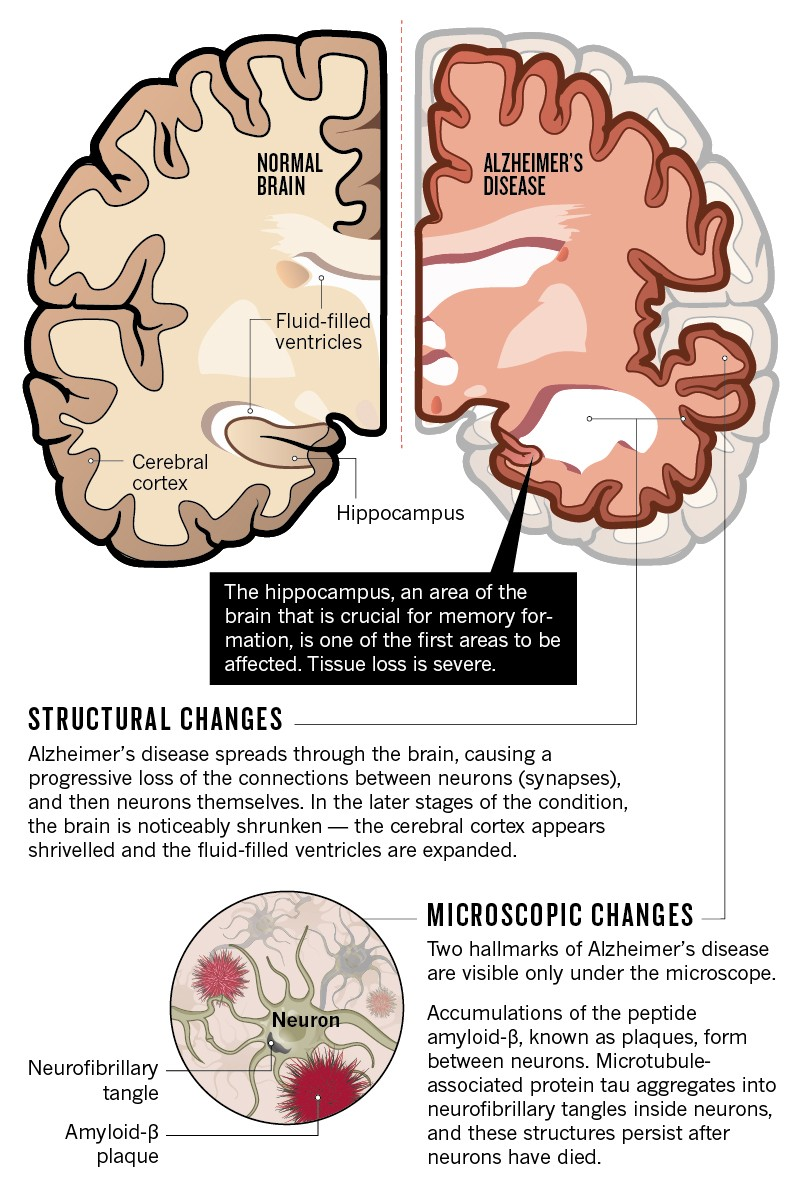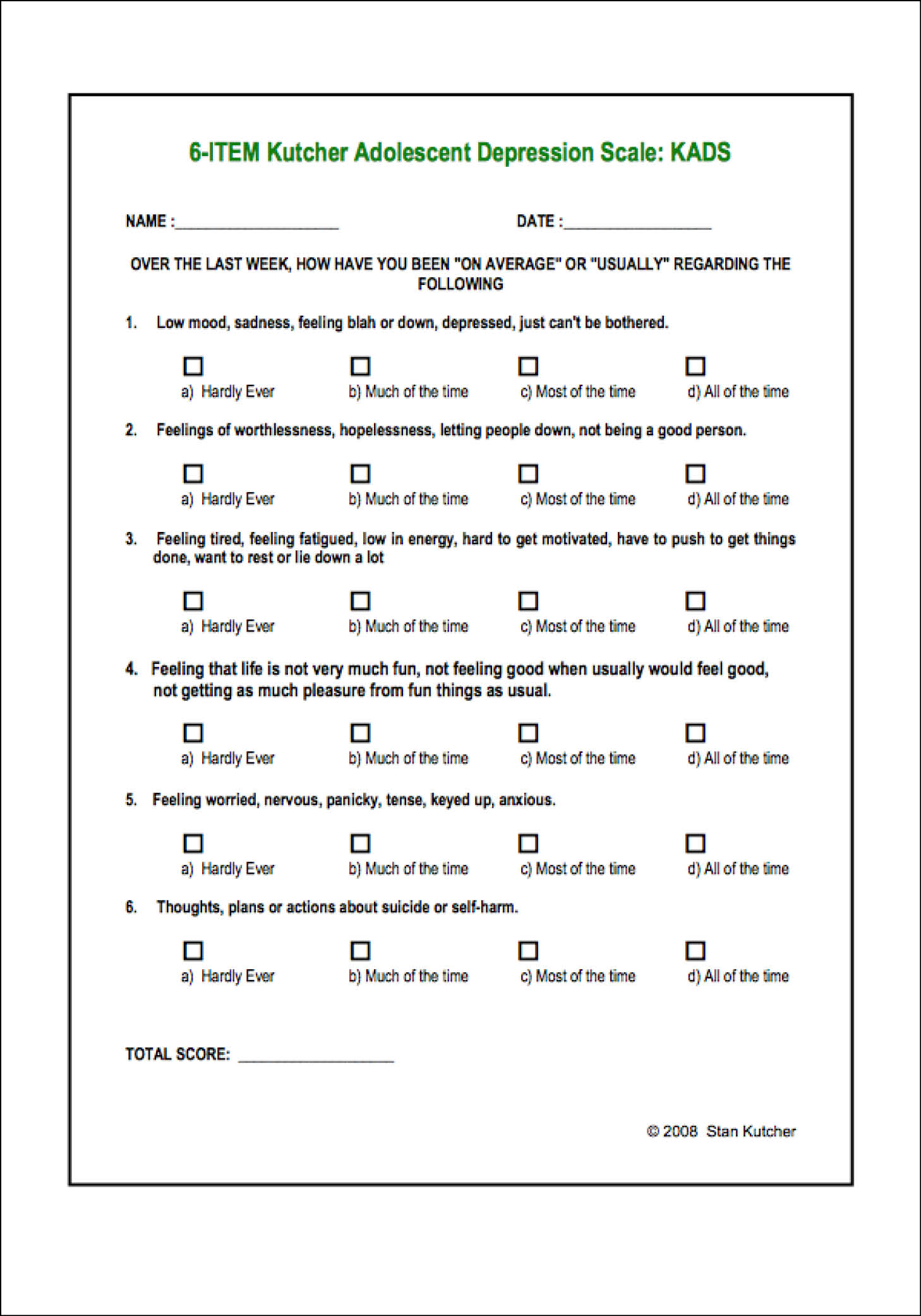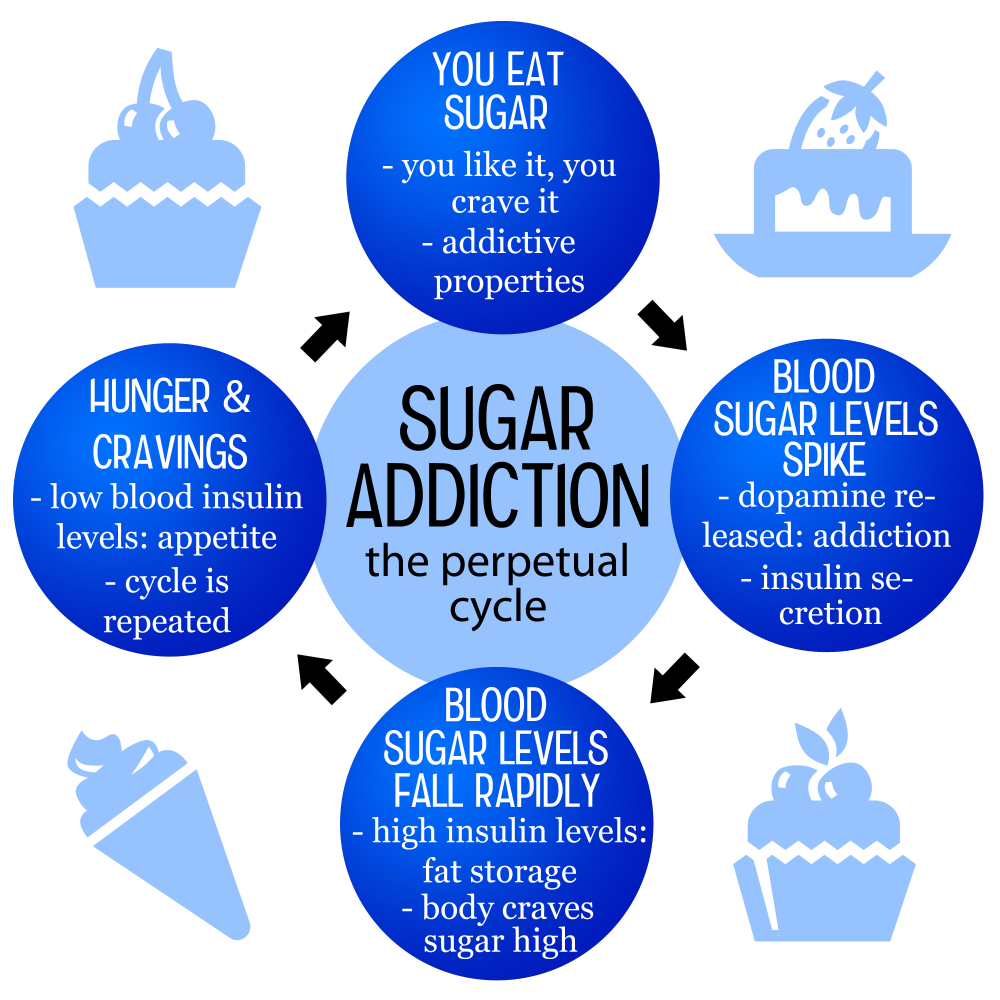Age-related brain diseases, including dementia and strokes, pose significant challenges to mental health in the elderly population. Recent studies have identified 17 risk factors that these debilitating conditions share, highlighting the importance of understanding modifiable health risks to support dementia prevention. Factors such as high blood pressure, lifestyle choices, and social engagement play crucial roles in reducing the likelihood of developing these diseases. By addressing and modifying these risks, individuals can significantly lower their susceptibility to stroke and late-life depression, fostering better brain health as they age. This emerging research sheds light on the interconnectedness of these conditions and underscores the need for comprehensive strategies aimed at promoting cognitive well-being in seniors.
Cognitive decline in older adults, manifesting as various aging-related brain disorders, represents an area of growing concern in public health. Conditions such as Alzheimer’s disease, vascular dementia, and strokes often share similar underlying factors that can be altered to improve outcomes. By exploring different dimensions of age-related cognitive dysfunction, researchers aim to unravel the commonalities in risk factors that contribute to these ailments. Understanding how lifestyle changes can mitigate these risks is key to enhancing mental health in elderly populations. As we learn more about the specifics of these interrelated conditions, we can better develop interventions and programs that promote a healthier, more active aging process.
Understanding Age-Related Brain Diseases
Age-related brain diseases, including dementia and stroke, significantly impact the elderly population, contributing to cognitive decline and diminished quality of life. These diseases often share overlapping risk factors which can make prevention and intervention strategies more effective. As highlighted in the research from Harvard-affiliated Mass General Brigham, understanding these linkages allows us to target specific modifiable health risks, paving the way for improved mental health in elderly individuals.
One of the critical aspects of addressing age-related brain diseases is the identification of shared risk factors. The study identified 17 risk factors, which ranged from sleep quality to lifestyle choices such as diet and social engagement. Notably, conditions like high blood pressure and kidney disease emerged as significant contributors to the prevalence of these diseases. Awareness and management of these risk factors may lead to significant improvements in overall brain health and may aid in dementia prevention.
Identifying Risk Factors for Brain Diseases
The 17 identified risk factors play a crucial role in understanding the onset of age-related brain diseases. High blood pressure stands out as a leading risk factor, influencing the likelihood of both stroke and dementia. Additionally, other physiological factors such as diabetes and total cholesterol levels compound the risks associated with these conditions. Therefore, managing these health issues is vital in reducing the incidence of brain diseases, especially as the population ages.
Furthermore, lifestyle choices significantly contribute to the risk of developing age-related brain diseases. For instance, a sedentary lifestyle increases susceptibility to conditions like stroke and dementia, while engagement in physical activity is associated with reduced risk.. Modifiable health risks, such as alcohol use and diet, also directly impact mental health in elderly individuals. By adopting healthier lifestyle choices, individuals can mitigate the overarching risk of developing these debilitating conditions.
The Role of Modifiable Health Risks
Modifiable health risks, as identified in the research, are crucial for preventative strategies against age-related brain diseases. Factors such as diet, physical activity, and social engagement represent areas where change can significantly affect health outcomes. Engaging in regular physical activity not only aids in physical health but also helps foster cognitive functions, ultimately leading to a reduced risk of dementia and late-life depression.
Additionally, addressing modifiable health risks enhances quality of life for elderly individuals. For example, improving diet can lead to better management of blood pressure and cholesterol. Moreover, social engagement can reduce feelings of loneliness and depression, further contributing to overall mental well-being. By focusing on these adjustable factors, healthcare providers can aid individuals in preventing the onset of age-related brain diseases.
Dementia Prevention Through Lifestyle Changes
Dementia prevention remains a vital focus in health care, particularly as the aging population grows. The research from Mass General Brigham emphasizes that simple lifestyle changes can have profound effects on reducing the risk of developing dementia. Practices such as regular physical exercise, mentally stimulating activities, and healthy dietary choices serve as protective measures against cognitive decline.
Moreover, the integration of social interactions and community engagement plays a crucial role in maintaining mental agility and combatting isolation in the elderly. Addressing mental health in the elderly population is paramount; preventive measures not only improve life expectancy but also enhance the quality of life. Interventions focused on lifestyle changes promise considerable impact on reducing dementia prevalence.
Connection Between Stroke and Dementia
The connection between stroke and dementia is well-established, with both conditions sharing several common risk factors. The identification of these overlapping factors by researchers underscores the necessity for comprehensive strategies that address both disorders simultaneously. For instance, managing hypertension can significantly reduce the risk of both stroke and subsequent cognitive decline.
Additionally, the lifestyle factors that influence one condition often impact the other. For example, a high-stress lifestyle can contribute to both strokes and dementia. Engaging in stress-reduction techniques, like mindfulness and relaxation activities, can therefore benefit individuals at risk. Innovative approaches to manage these shared risk factors may lead to a healthier, more proactive framework in preventing age-related brain diseases.
Impact of Chronic Conditions on Brain Health
Chronic conditions pose significant threats to brain health, particularly in older adults. Diseases such as diabetes, high blood pressure, and kidney disease have been linked to an increased risk of developing dementia and stroke. The key takeaway from the recent study is that treating these chronic conditions can lead to improvements in cognitive health and overall quality of life for seniors.
Moreover, managing chronic conditions requires a multifaceted approach that incorporates lifestyle modifications, medication adherence, and regular health screenings. Addressing these health challenges holistically enhances the prospects for better mental health outcomes and can mitigate the potential for developing age-related brain diseases.
The Importance of Physical Activity
Physical activity is a cornerstone of promoting brain health and preventing age-related diseases such as dementia and stroke. Engaging in regular exercise promotes cardiovascular health, reduces hypertension, and improves overall mood—factors significantly linked to brain health. Studies have shown that physically active individuals tend to maintain better cognitive function compared to their sedentary counterparts.
Furthermore, exercise acts as a protective factor against depression, which is often a co-morbid issue with dementia. Notably, even moderate physical activities, such as walking or gardening, can provide considerable benefits. As such, encouraging older adults to remain physically active should be a priority in efforts to support mental health and combat the incidence of age-related brain diseases.
Nutrition as a Protective Strategy
Nutrition plays a pivotal role in protecting against age-related brain diseases. A balanced diet rich in fruits, vegetables, whole grains, and healthy fats helps maintain optimal physical and mental health. The research highlights that poor dietary choices are linked to increased risks of dementia and stroke, making dietary improvement crucial for prevention.
Additionally, certain nutrients have been specifically associated with brain health. Omega-3 fatty acids, antioxidants, and vitamins are believed to bolster cognitive function and mitigate the effects of aging on the brain. Therefore, fostering awareness around nutritious eating habits among the elderly can significantly lower the risks associated with age-related brain diseases.
Social Engagement and Mental Health
Social engagement is essential for maintaining cognitive health, especially in older adults. Studies have repeatedly demonstrated that individuals with strong social networks tend to have better mental health outcomes and lower rates of depression and dementia. The connections formed through social activities can stimulate cognitive functions and enhance overall well-being.
Furthermore, encouraging social interactions through community programs can help combat feelings of isolation and loneliness. Since loneliness is a known risk factor for cognitive decline, promoting social engagement can serve as a preventive measure against age-related brain diseases. This not only improves mental health but also fosters an environment for collaborative learning and support.
Implementing the Brain Care Score
The Brain Care Score offers a promising framework for assessing and improving overall brain health by identifying modifiable risk factors associated with age-related brain diseases. By integrating recent scientific insights, this tool allows healthcare providers to create tailored plans for individuals based on their unique risk factors. It highlights actionable steps individuals can take to enhance their cognitive health.
As the medical community emphasizes the importance of personalized medicine, utilizing tools like the Brain Care Score can significantly improve outcomes for elderly individuals at risk of dementia, stroke, and depression. Continued research into modifiable health risks will only enhance its accuracy and effectiveness, ensuring that preventive measures are informed by the latest evidence.
Frequently Asked Questions
What are the major risk factors for age-related brain diseases?
Major risk factors for age-related brain diseases, such as stroke and dementia, include high blood pressure, diabetes, kidney disease, elevated fasting plasma glucose, high cholesterol, and obesity. Lifestyle factors like smoking, excessive alcohol use, poor diet, and lack of physical activity also significantly increase the risk of developing these conditions.
How can modifiable health risks help in dementia prevention?
Modifiable health risks can play a crucial role in dementia prevention. Adjusting factors like blood pressure, cholesterol levels, and lifestyle choices (such as maintaining a balanced diet and staying physically active) can help reduce the likelihood of developing dementia and related age-related brain diseases.
What lifestyle changes can reduce the risk of stroke and dementia?
To reduce the risk of stroke and dementia, individuals should focus on maintaining healthy blood pressure, engaging in regular physical activity, eating a balanced diet, avoiding smoking and excessive alcohol consumption, and enhancing social engagement, all of which are critical lifestyle changes linked to lower risks of age-related brain diseases.
How does poor sleep affect the risk of age-related brain diseases?
Poor sleep has been associated with higher risks of age-related brain diseases, including dementia and depression. Insufficient or low-quality sleep can contribute to cognitive decline and exacerbate other modifiable health risks, making sleep hygiene an essential consideration in brain disease prevention.
What impact does social engagement have on mental health in the elderly?
Social engagement is vital for mental health in the elderly, as low levels of social interaction can increase the risk of depression and cognitive decline, particularly in age-related brain diseases like dementia. Encouragement of social activities can help improve overall well-being and reduce these risks.
What is the Brain Care Score and how does it relate to age-related brain diseases?
The Brain Care Score is a tool developed to evaluate brain health and provide actionable recommendations to reduce the risk of age-related brain diseases. By incorporating the latest scientific research on shared risk factors for stroke, dementia, and depression, the score aids individuals in making lifestyle adjustments to protect their brain health.
Are there specific dietary recommendations to lower the risk of age-related brain diseases?
Yes, specific dietary recommendations to lower the risk of age-related brain diseases include consuming a balanced diet rich in fruits, vegetables, whole grains, lean proteins, and healthy fats. Reducing saturated fats, sugar, and processed foods can also contribute to better brain health and decrease the risk of stroke and dementia.
How does chronic pain relate to the risk of dementia and depression?
Chronic pain is linked to an increased risk of both dementia and depression, which are age-related brain diseases. The stress and discomfort associated with chronic pain can lead to decreased physical activity and social engagement, further exacerbating mental health issues and cognitive decline.
What role does physical activity play in preventing brain diseases?
Regular physical activity is crucial in preventing brain diseases as it not only helps maintain a healthy weight and blood pressure but also improves mood and cognitive function. Engaging in exercise can significantly reduce the risk of developing stroke, dementia, and late-life depression.
What preventative measures can individuals take to lower their risk of age-related brain diseases?
Individuals can lower their risk of age-related brain diseases by adopting preventive measures such as controlling blood pressure and cholesterol levels, maintaining a healthy weight, staying active, eating a nutritious diet, minimizing stress, engaging socially, and ensuring adequate sleep.
| Key Points | Details |
|---|---|
| Study Overview | A research team identified 17 shared risk factors affecting stroke, dementia, and late-life depression. |
| Research Significance | Adjusting any one of the identified factors can reduce the risk of all three conditions, leading to potential preventive measures. |
| Primary Risk Factors | The 17 risk factors include high blood pressure, kidney disease, diabetes, and more. |
| Recommendations | The Brain Care Score provides actionable insights to improve brain health based on these findings. |
Summary
Age-related brain diseases encompass conditions such as stroke, dementia, and late-life depression. Recent research has identified 17 modifiable risk factors that are interlinked with these diseases. Understanding and addressing these factors can significantly lower the risk of developing multiple conditions associated with aging. By implementing lifestyle changes based on the Brain Care Score, individuals can actively protect their brain health and improve their quality of life, while also reducing the burden of these age-related brain diseases.



